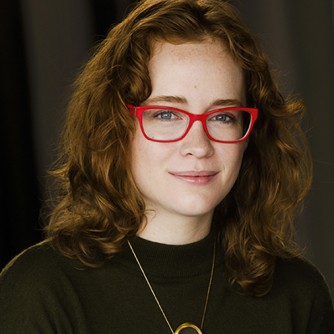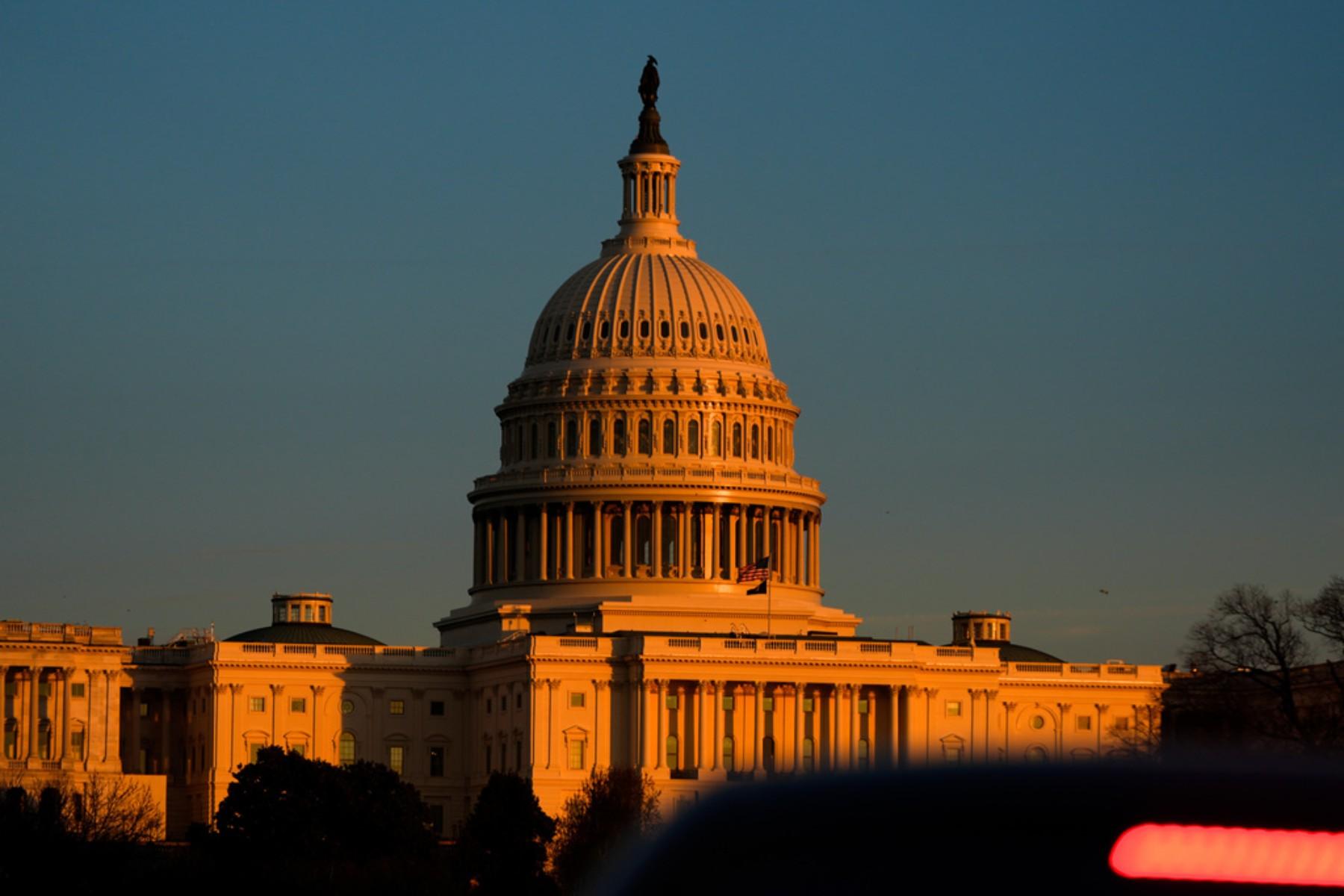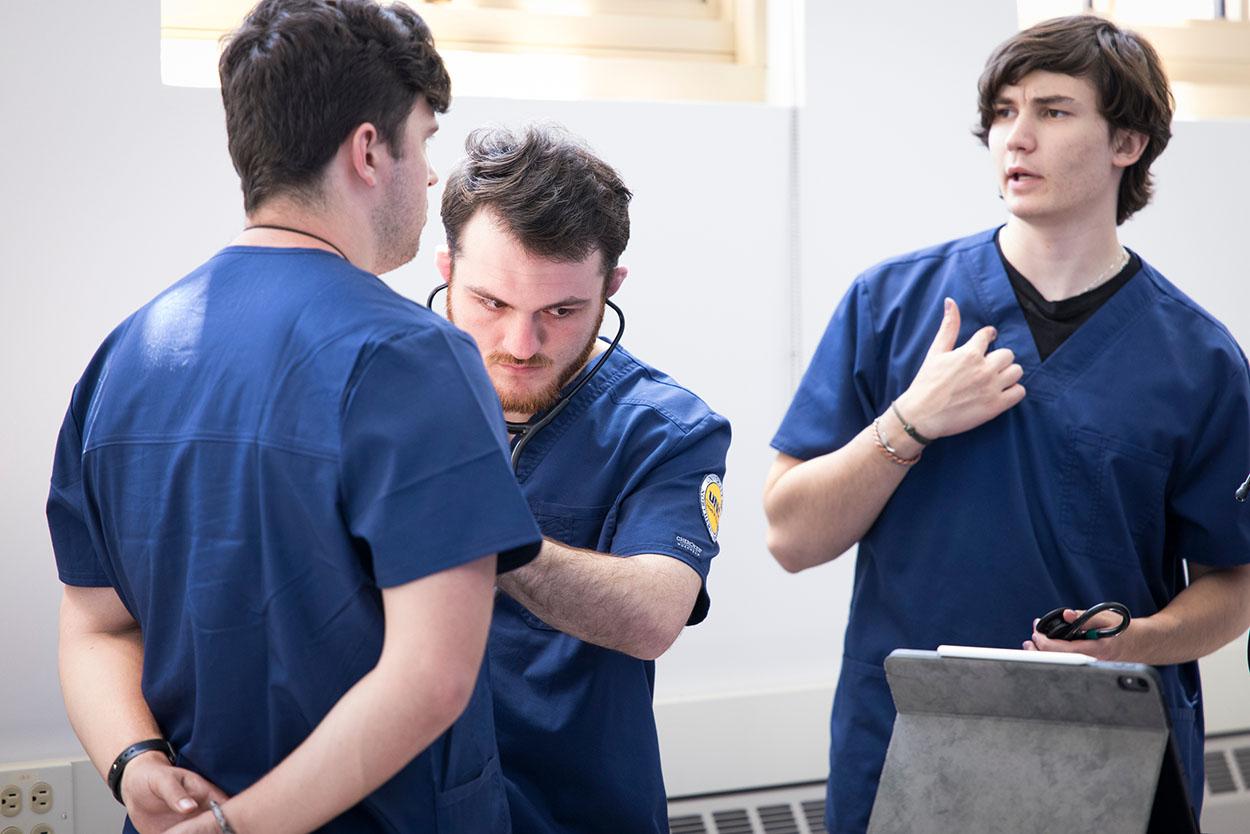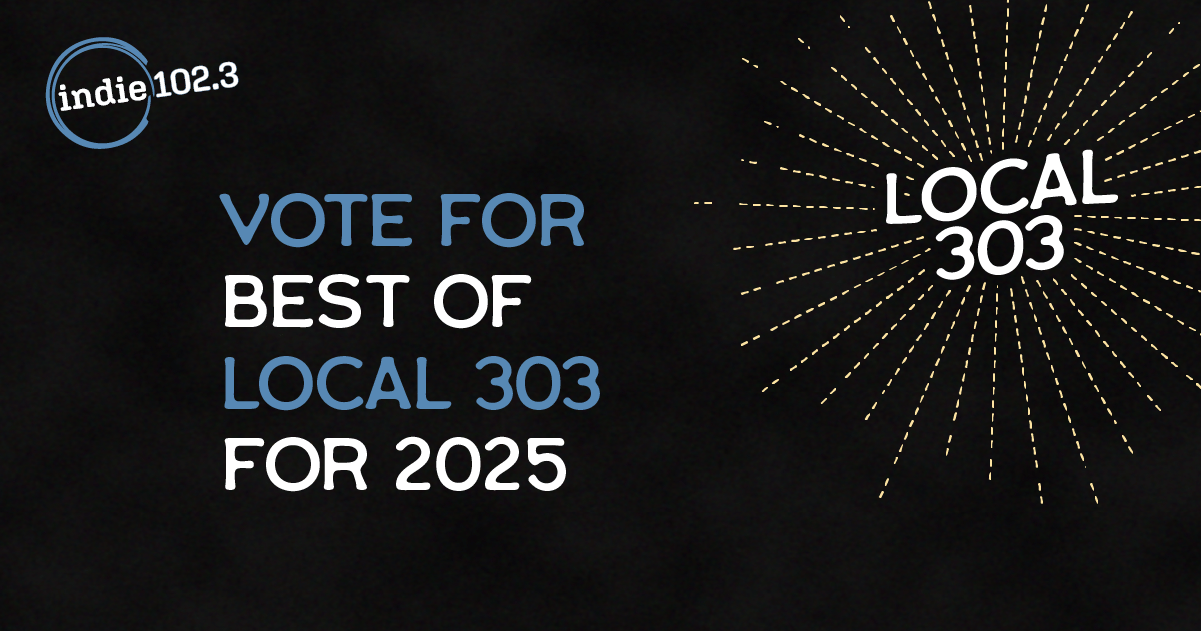
John Hickenlooper has found a sort of peace amidst a crowded field of nearly 20 candidates jockeying for the Democratic nomination.
The former Colorado governor has noticed the rising star of Mayor Pete Buttigieg, his compatriot in local politics and weird last names in the 2020 race. But there are no hard feelings. Hickenlooper even said Buttigieg “might be the most intelligent of all the candidates running.”
If anything, seeing another underdog candidate’s moment come has affirmed to Hickenlooper that his own is probably queued up.
“I don’t think (I’ve had a moment),” he said. “I think my moment is yet to come.”
In an interview with Colorado Matters, Hickenlooper also spoke about exhaustion on the national campaign trail, the Mueller report and the impact that a focus on socialism has on the Democratic field.
Cross-country trips, including a recent one to South Carolina and Alabama, Hickenlooper said, have been more grueling than those he took while running for mayor and governor.
“Sometimes, the last two to three days, you lose your edge a bit,” he said.
The nights in motel beds and away from family were worth it for the conversations he had with residents in the towns and cities he visited.
“They tell you their darkest secrets, they tell you their greatest dreams and aspirations, it gets very intimate,” he said.
In Special Counsel Robert Mueller’s redacted report, released last week, Hickenlooper honed in on what he called “a sense of excitement” in the Trump campaign’s actions.
“The Trump campaign gleefully accepted the assistance of a hostile foreign power,” he said.
Hickenlooper wanted to see Congress get an unredacted copy of Mueller’s report, and for the investigator to testify as well.
Socialism, and if one candidate or another subscribes to it, has been a buzzword in 2020 coverage. Back in March, Hickenlooper made headlines for saying he was not a capitalist, despite his often self-referenced record of entrepreneurship.
On Monday, he continued to call capitalist and socialist out as labels, ones he thought divided the party. But Hickenlooper also said that he believes government can, by example, build roads or run law enforcement agencies better than individuals, and expressed the importance of regulations.
“We should be talking about how do we get our economy so that it creates more opportunity for everybody, not just for the people at the top,” he said.
Right now, the focus remains on ensuring Hickenlooper has a seat at June’s Democratic debates. The sprawling field makes qualifying more difficult, as the Democratic National Committee could decide hopefuls have to achieve both 65,000-donor and a 1 percent-polling bar to get in.
Hickenlooper remains focused on the long game, as he sees Iowans and other voters jumping from candidate to candidate early on.
“Right now they’re kind of falling in love with anybody,” Hickenlooper said.
Full Interview Transcript
Ryan Warner: There’s a number we’re almost afraid to say because it could change by the time it comes out of our mouths. The field of Democratic presidential candidates has grown to 19. And we expect more entries, including former Vice President Joe Biden and U.S. Senator from Colorado Michael Bennet. The challenge is to stand out from the pack, which I talked about with former Colorado Gov. John Hickenlooper, one of the 19. Governor, thank you for being with us. John Hickenlooper: Glad to be back! RW: CPR News has been following you on the campaign trail. Recently, my colleague, Anthony Cotton, traveled to South Carolina and Alabama, where you made appearances. And it struck me, in your interview with him, that you sounded, at least on that day, tired, and I wonder if I was reading that right. JH: Well that was at the end of a, I think it was a nine-day or ten-day trip, and so when you’re sleeping in motel beds and you don’t get to see your family, and each day is 12 or 14 hours, sometimes the last two or three days, you lose your edge a little bit. I think that’s fair to say. RW: What do you enjoy about it? JH: Oh, I think it’s a gift to be in a small city or a town in Iowa and be invited into someone’s living room with a half-dozen people, and they tell you their darkest secrets, they tell you their greatest dreams and aspirations. It becomes very intimate. RW: I’d like to talk about some issues. I hear Republicans using the label “socialism” a lot to describe Democratic priorities like universal healthcare, which you support, although you don’t embrace Medicare for all, but in general, how do you think Democrats should respond to this socialism label? Is it one you even agree with? JH: Well, I certainly don’t agree with it. When people are talking about socialism, they’re implying that government is going to override our system of free markets, which I don’t think, I haven’t heard anyone say that. There are certain things that government does better than individual citizens can do and in that sense, build roads is a good example, make sure that we have mobility of the national defense, even our police force, our firefighters. These are all organizations and institutions that the government’s going to do much better than any individuals going to do. In that same sense, I think our economic system has never been a completely open system. It needs some level of regulation, otherwise we’d have monopolies in every single industry. We need to figure out what the right regulatory framework is and to be very blunt, over the last forty years, I think it’s fair to say that we’ve wandered from that type of an economy that really allowed people in the middle class, allowed poor people both security and opportunity. And I think we need to find our way back to an economic system where we really are allowing people, if they’re willing to work hard and play by the rules, to begin saving money to get ahead. RW: You hesitated in an interview a while back to call yourself a capitalist and I wonder what you have thought about that in the weeks since. JH: Well that was, they’re always trying to, especially on the cable news, they’re trying to put a label on you and oftentimes these labels divide us and keep us from talking about the real issue itself. So a large number of Americans right now think that a capitalist is someone who just moves capital, in most cases, money, from one investment to another with no heart or emotion, and so many people think being a capitalist is a bad thing. I always referred to myself as an entrepreneur. When I was growing up capitalist, often, Daddy Warbucks in the cartoon strip Little Orphan Annie was always portrayed as this kind of ruthless, someone who moved capital from one place or another. I think the key is to get away from that. The bottom line is we should be talking about, “How do we get our economy so that it creates more opportunity for everybody, not just for the people at the top?” RW: Last week, we saw the redacted version of the Mueller reports, looking into whether there was collusion between the Trump Administration and Russian interference in the election. Mueller concludes there was not, but did not come to a conclusion on whether there was obstruction of justice. While President Trump and the White House have claimed total vindication, some Democrats are wondering if impeachment proceedings should begin. What do you make of the Mueller report, have you had time to read it and what are your thoughts on how Democrats should proceed with it? JH: Let’s just, let’s look at the facts as we now know them that I think everyone agrees to, that the Trump campaign gleefully accepted the assistance of a hostile foreign power. I mean what would they have said if that hostile foreign power was trying to inject and change the outcome of our political system, our elections, if they’d been working against the Trump campaign. Or, I mean to me, that fact that the Trump campaign accepted willingly, gleefully, the assistance from a hostile foreign power and then - RW: What do you base “gleefully” on? JH: Well because if you read back and you look at it, there was a sense of excitement. That, “gleeful,” to me, creates, it’s just a way of expressing excitement. Fair enough, right? Then I don’t think there’s any argument that they tried to cover it up. Now is that obstruction or not, or I begin, that part hasn’t, clearly hasn’t been fully digested, but they lied about it, they tried to cover it up. This is our president. Shouldn’t we expect something more from our president? RW: And so does this merely become a campaign talking point for Democrats going into 2020 or should there be some specific action that you’d back in Congress? JH: Well I think we should demand that Congress receive an unredacted, full copy of the Mueller report. I think Mr. Mueller should come and testify in front of Congress so America can hear exactly what his insights words. He’s the one who’s been immersed in all this information. RW: You’re not ready, it sounds like, to call for impeachment? JH: Well I think first, you want to explore everything, right, and I think that that’s, once again, an unredacted report, once Mueller testifies, I mean now, you’re into hearings, and these hearings, they’re going to play a role in just making sure that everyone understands the same facts. RW: Also last week, first quarter fundraising numbers came out. You raised $2 million and just by way of comparison, Vermont Senator Bernie Sanders led with $18 million, former Texas Rep. Beto O’Rourke had about $9 million in just 18 days. You’ve said that this is partially a function of their celebrity. How do you convince people to look beyond that and give to the Hickenlooper campaign? JH: Well, I’m very proud that we raised a couple million dollars in a month without any celebrity status. People have said from the beginning that coming from a state like Colorado and not being a senator who’s been raising money nationally for a number of years that that was a huge disadvantage, and, but we’ve never argued that it’s a disadvantage, but I think it’s a disadvantage that we can overcome, and - RW: How? JH: Well I think that over time, what we’re talking about, I think I’m the only person running who can demonstrate, over a, eight years as mayor, eight years as governor and even my time as a small business owner in lower downtown, that I’ve been able to bring people together and get things done. And at a time when Washington is so flagrant in not being able to get anything done, so almost every other candidate is connected somehow with Washington or even if they’re not connected from Washington, they don’t have the same record of getting people together and getting things done. We got to almost 100 percent health coverage in Colorado; we got the oil and gas industry to work with the environmental community to create methane regulations. When you go down this long list, we worked hard to protect the rights of women’s healthcare and reduced teenage pregnancy by 60 percent in Colorado. All these things are actual achievements, progressive achievements that the other candidates haven’t succeeded at. RW: Based on early polling, you’ve already earned a spot in the presidential debate scheduled for late June, but there’s another set of criteria which could kick in if the field gets too crowded and that’s having 65,000 donors to your campaign. As of last week, you had about a tenth of that, 6,600. I meanwhile look at someone like Pete Buttigieg, who might actually be the candidate in the race with a name weirder than yours. JH: Yes, I think that’s inarguable. RW: But - JH: You, he wins. RW: I see this mayor who has tried to run for higher office in the past and failed, but the sort of electricity that has been around him. I wonder if you look at that and think, “How do we create electricity?” Do you think you have? JH: Well certainly, we’ve created electricity in different ways and different places, but I think Mayor Pete has, he’s having his moment and he is obviously - RW: Have you had yours? JH: No, I don’t think so. I think my moment is yet to come. I think Mayor Pete, he speaks seven languages. He is super smart, right. I mean I think it’s fair to argue he might be the most intelligent of all the candidates running for president, but I’m not sure that’s ultimately what the Americans are going to seek out when they decide who, in the end, they’re going to vote for. And I think, go look at the history of the Iowa caucuses over the last twenty years or thirty years. Again and again, the people that are winning in April or June or even in August and September, they rarely win. It’s a long process of Iowans I mean right now, they’re kind of falling in love with anybody, but when they get down to that caucus, they’re going to decide, “Who do they really want to take home? Who do they want to get married to?” RW: Is part of your strategy to hold on until the first Western primary? This is some insight that we got from Bill Richardson, the former New Mexico governor and presidential candidate, that Westerners might want to hold in past Iowa, for instance. JH: Yeah. Well certainly, we’ll go, I hope we would and assume we’ll go past Iowa. Just because we can’t raise $15 million in a month or $9 million in a month doesn’t mean we can’t get our word out and I think more and more, we’ll see, especially as we get through the summer, people in Iowa will make up their minds based on what people have done in their lives, what people have done both in their private lives but also as public officials. And I think, again, I’ll stand, match our record against any of the other candidates running. RW: Thank you for being with us. JH: Always a pleasure. |









